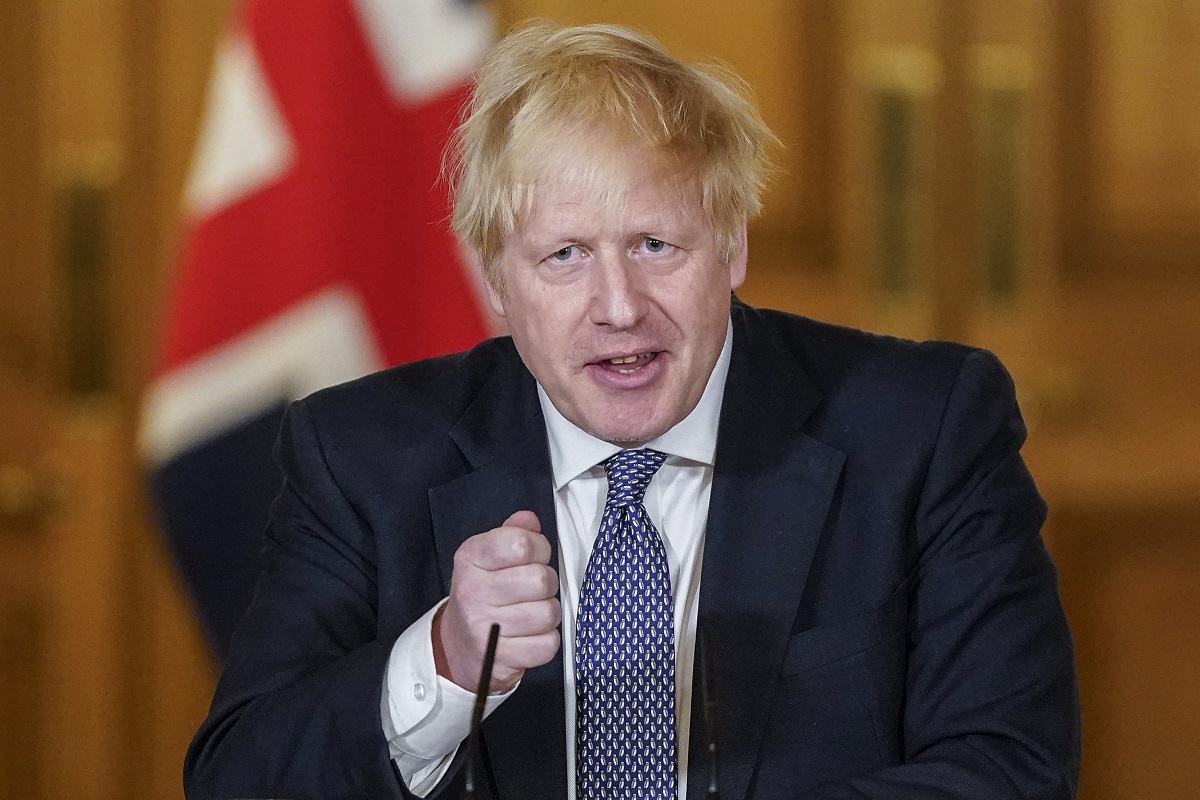Britain’s Department for International Development, which under a Bengali head close to Tony Blair (no tinge of provincialism), has once contributed generously to the development of South Asia and West Bengal in particular, might meet its eclipse very soon if a pragmatic school of international development, helmed by Prime Minister Boris Johnson has its way.
Arguably, this is the fundamental difference in economic praxis between Labour and the Conservatives. Mr Johnson believes that a “generous Britain” is being taken for a ride by the foreigners. In the aftermath of Brexit, the Prime Minister’s decision to “fold” the DfiD into the Foreign Office has been greeted in Britain with distinct pessimism ~ the wrong decision taken at the wrong time for the wrong reasons.
Advertisement
Such a move will hurt the world’s poorest just when the Covid-19 pandemic is predicted to cause soaring levels of poverty, malnutrition and child mortality. There is little doubt that the absence of DfiD shall only exacerbate the economic impact of the pandemic. Small wonder that scrapping of DfiD has been called a new front in a culture war.
Mr Johnson’s ill-conceived merger plan is less about responding to global challenges and more about diverting attention from this week’s humiliating Uturns with a damaging culture war. On Tuesday, the Prime Minister unexpectedly declared his intention to end Britain’s policy of divorcing the pursuit of the national interest from the promotion of development abroad.
At stake is DfID’s aid budget of £15 bn a year, the third largest in the world. Mr Johnson tends to give weightage to realpolitik rather than a zeal for reducing poverty abroad. The ruling Vote Leave clique believes that the money could be better spent in a series of gestures that only serve to highlight the narrowness of its nationalistic ageda.
This is a two-front battle, with Mr Johnson advancing against opponents within his party ~ those one-nation Conservatives for whom DfID’s independence is a litmus test of liberal Toryism ~ and his enemies without who oppose his reckless chauvinism.
It bears recall that it was under David Cameron, building on Labour’s inheritance, that the UK became the only G7 state to meet the target of spending 0.7 per cent of GDP on overseas assistance. This ought to be a source of pride and strength. But the aid budget’s biggest critics were, like Mr Johnson, also leavers.
That’s no coincidence: a form of nationalism, particularly the corrosive idea of a munificent Britain being taken for a ride by foreigners, fuelled both campaigns. DfID aid has had a focus on development. And without that focus, aid will end up being used as a sweetener for arms deals.
Is Boris Johnson effecting a transition from good to poor economics, seminal books both and crafted by Nobel Laureates Abhijit Vinayak Banerjee and Esther Duffloe.









